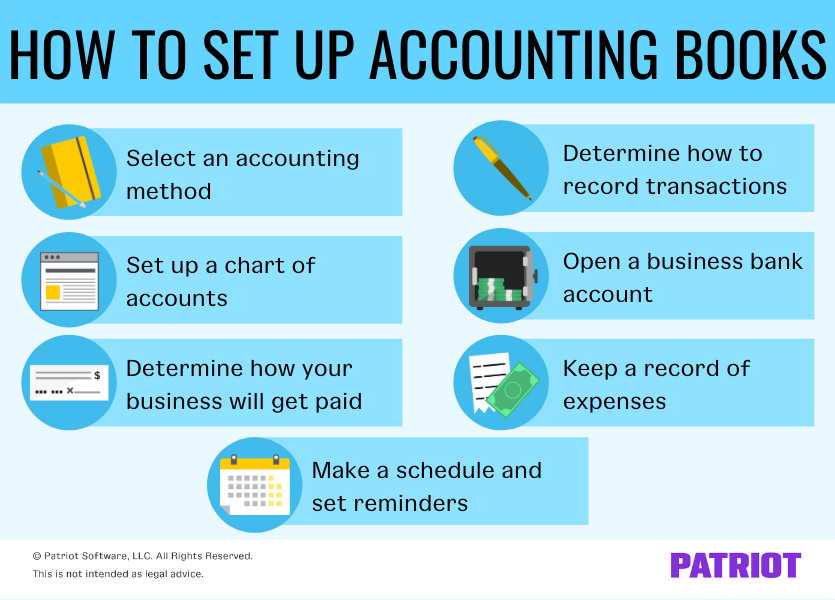How Long Does An Accountant Have To Keep Records
How Long Does An Accountant Have To Keep Records. So where, and for how long, does a company have to keep records? Practitioners performing this type of work should make sure that these requirements are noted in the firm's record retention policy.

State boards of accountancy can also define the length of time that cpa firms are to maintain the supporting records—normally a minimum of seven years. While your accounting department produces records of other types, such as property and tax records, it also produces many records for internal use. Bank statements & cancelled checks — 7 years;
Keep Records For 3 Years If Situations (4), (5), And (6) Below Do Not Apply To You.
Ideally, you need to retain accounts payable records for at least 7 years. State boards of accountancy can also define the length of time that cpa firms are to maintain the supporting records—normally a minimum of seven years. But the length of time that records should be kept can vary depending on the type of document and client.
The More Documentation You Have On Hand, The Better Prepared You Will Be In The Event Of An Internal Revenue Service (Irs) Audit.
Keep records for 3 years from the date you filed your original return or 2 years from the date you paid the tax, whichever is later, if you file a claim for credit or refund after you file your return. Sample record retention periods are included herein. Under gdpr, the new data protection law, company directors have a duty to know how long their organisations must keep employee and business records.
Keep Records For 7 Years If You File A Claim For A Loss From.
Business records must be kept for up to 7 years (6 tax years worth) for tax purposes. Accounting records annual general ledger detail — 7 years; Practitioners performing this type of work should make sure that these requirements are noted in the firm's record retention policy.
In Such Cases, Firms May Be Required To Retain Records For A Stipulated Period Of Time As Provided By The Agency Or Based On The Applicable Funding Or Engagement Agreement.
While your accounting department produces records of other types, such as property and tax records, it also produces many records for internal use. However, if you can extend your retention period without adding to your business expenses, it’s always a good idea. Even if your client keeps a copy of his tax returns, you're still obligated to retain his tax records.
These Records Usually Include Deeds, Titles, And Cost Basis Records (For Instance, Receipts For Equipment Such As Computers Or.
The member may retain copies of any records provided to the client. The member should comply with the client's request in an expedient manner but. The name of every person or entity involved in the remittance, their account number or policy number or, if there is no account or policy number, their identifying number.
